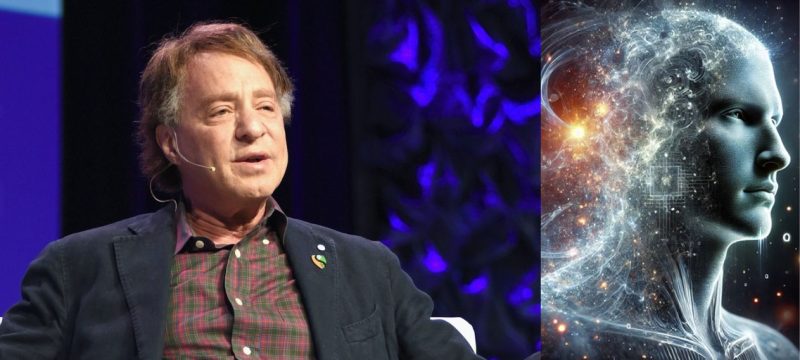Futurist and former Google engineer Ray Kurzweil has made a startling prediction: humans could achieve immortality as early as 2030, driven by rapid advancements in technology. Known for his impressive accuracy in forecasting technological trends—86% of his 147 predictions have already come true—Kurzweil places his hopes on nanobots as the key to ending aging and disease.
In his influential book The Singularity Is Near, Kurzweil outlines a future where breakthroughs in genetics, robotics, and especially nanotechnology enable microscopic bots to repair human cells from within, effectively halting the aging process and curing illnesses. This revolutionary medical advancement could reshape human life expectancy within the next decade.
Read more: Microsoft’s Aurora AI Promises Faster, Smarter Weather Forecasting
Kurzweil also foresees artificial intelligence (AI) reaching human-level intelligence by 2029. Beyond that, he predicts a merger between humans and AI by 2045, which will dramatically enhance our cognitive abilities—ushering in an era of unprecedented brainpower and technological integration.
His track record lends weight to these predictions. Kurzweil accurately anticipated IBM’s Deep Blue defeating the world chess champion in 1997 and forecasted that laptops would achieve brain-like storage capacity by 2023.
The concept of a technological “singularity,” when machines surpass human intelligence, is gaining widespread attention. Influential figures such as SoftBank CEO Masayoshi Son also project this milestone to occur in the 2040s. However, not everyone shares Kurzweil’s optimism. Tech entrepreneurs like Elon Musk have expressed concerns about the rapid pace of AI development, warning of the potential risks of insufficient regulation and oversight.
Kurzweil’s vision of a future free from disease and possibly death itself is reigniting fundamental debates about humanity’s readiness for such transformative technology, and the ethical, social, and practical challenges it may bring.
As we approach these groundbreaking advancements, society must grapple with what it means to transcend biological limits—and whether immortality is a blessing or a challenge we are prepared to face.









